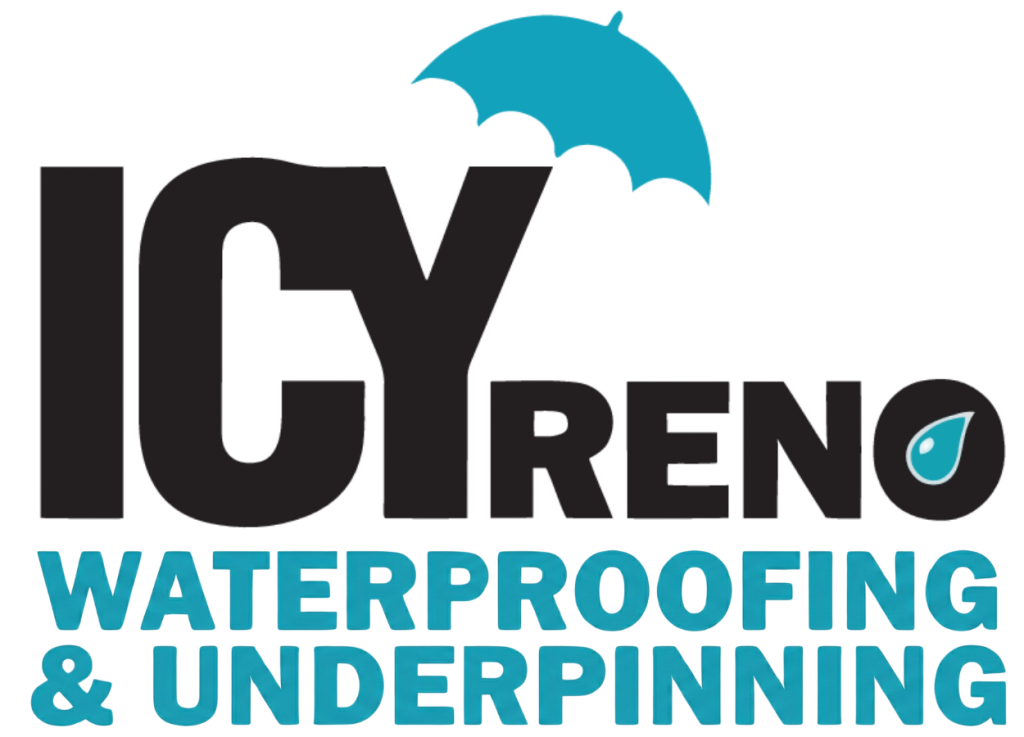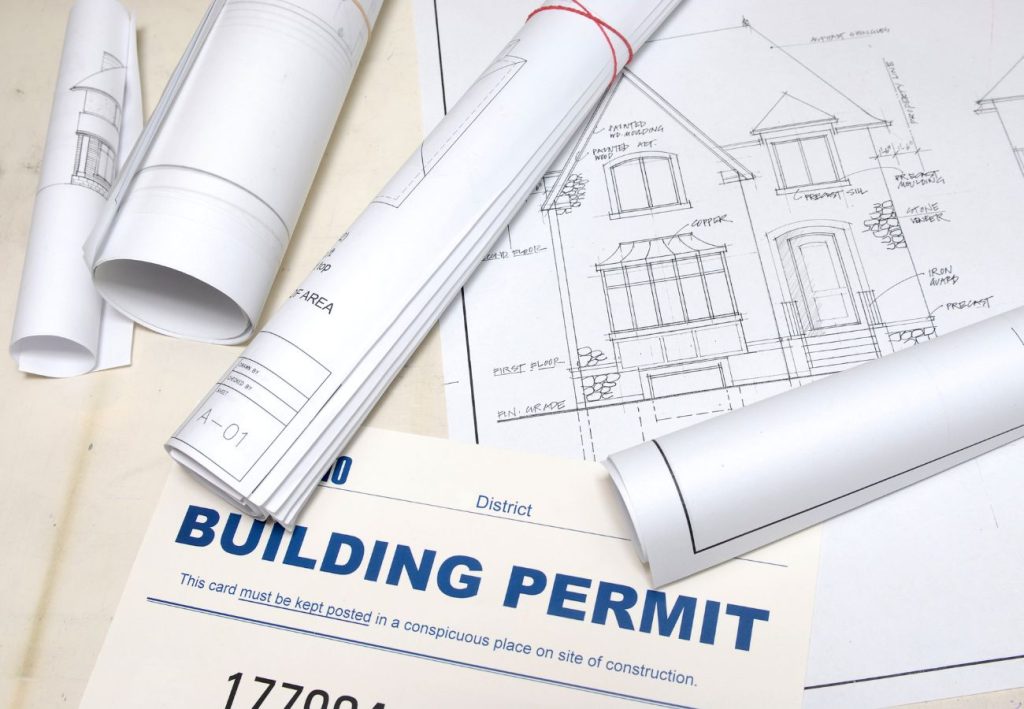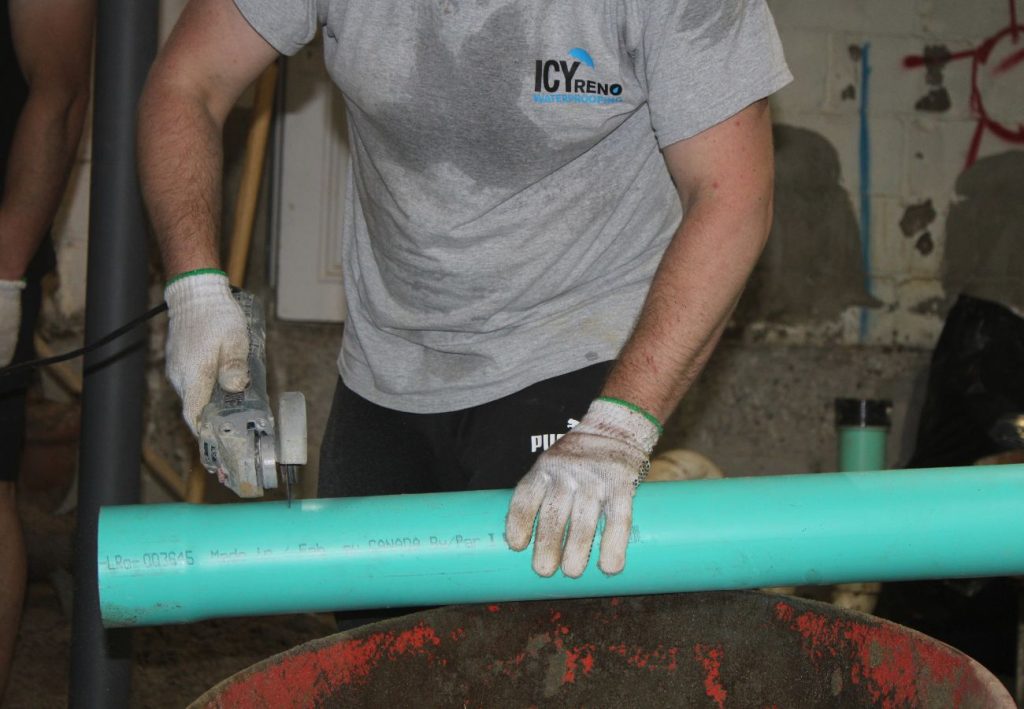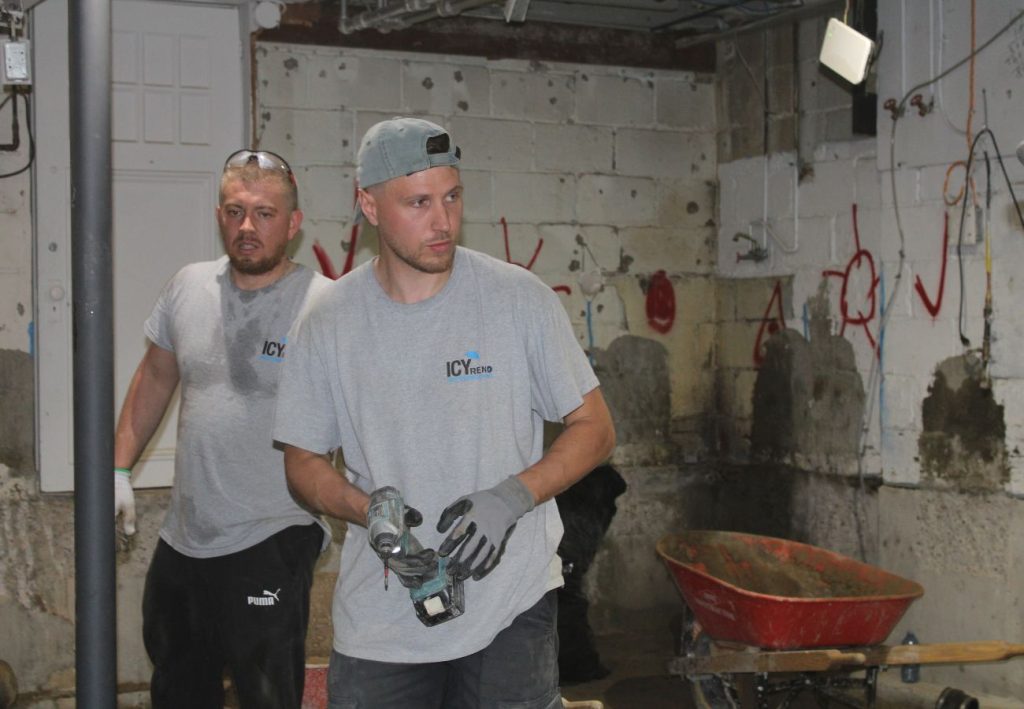If you’ve been dealing with a damp basement in Toronto, your first instinct might be to call in a waterproofing contractor and get started right away. But wait, before any digging or drilling begins, it’s worth asking: do I need a permit for this?
Let’s walk through everything you need to know about basement waterproofing permits in Toronto without the jargon, red tape confusion or hours of Googling.
So… Do You Actually Need a Permit?
Here’s the short answer: it depends on the type of work you’re doing.
According to the City of Toronto’s building permit rules, some waterproofing jobs require permits, while others don’t.
Let’s break it down.
Waterproofing Work That Does NOT Require a Permit
If your project is minor and doesn’t affect your home’s structure, you’re generally in the clear. This includes:
- Interior waterproofing only: Sealing basement walls with waterproof coatings or installing an interior drainage system.
- Replacing an existing sump pump or backwater valve (as long as you’re not adding new plumbing).
- Crack injections from inside the basement wall that don’t involve any excavation.
These types of repairs are considered non-structural, so no permit is required.
Waterproofing Work That DOES Require a Permit
Some work is more invasive and that’s when permits come into play. You’ll likely need one if:
- You’re excavating around the foundation from the outside (aka exterior waterproofing).
- You’re lowering your basement floor (commonly done for basement underpinning).
- You’re adding or altering plumbing (like installing a new sump pump system).
- You’re doing foundation repairs that affect the structure of your home.
Important: If any work alters the load-bearing structure or involves excavation, you’ll almost always need a permit.
What’s the Permit Process Like?
Getting a permit in Toronto doesn’t have to be painful, but there is a process:
- Hire a Licensed Contractor or Engineer: They’ll assess your basement and suggest the right scope of work.
- Prepare Drawings (if required): Structural work will need professional drawings sealed by a licensed engineer.
- Apply for a Building Permit: Submit your application to the City of Toronto, either online or in person.
- Include the Commitment to General Reviews: Your engineer must complete and sign this document, and you, the homeowner, must fill out Part A. This form must be submitted with your application if structural changes are involved.
- Wait for Approval: Depending on your project and documents, this can take anywhere from a few days to a few weeks.
What If You Skip the Permit?
Don’t. Seriously.
Doing waterproofing work that requires a permit without actually getting one can result in:
- Stop work orders (which delay everything).
- Fines from the City of Toronto.
- Trouble when selling your home, since unpermitted work may raise red flags with buyers or inspectors.
How Much Do These Permits Cost?
Permit fees vary depending on the nature and size of the job. For example:
- Minor structural work may cost a few hundred dollars.
- Major excavation or underpinning projects could result in higher permit fees (usually calculated by project value or square footage).
You can always check the City of Toronto’s fee schedule for the latest rates.
A Quick Word on Basement Underpinning
If your waterproofing plan includes basement lowering or underpinning, this is absolutely a structural project. You’ll need:
- Architectural/structural drawings
- An engineer’s Commitment to General Reviews
- A full permit approval before work begins
Don’t skip this step, underpinning without a permit can seriously compromise the safety and resale value of your home.
Can Your Contractor Handle It for You?
Yes, and in most cases, they should.
Reputable waterproofing companies in Toronto (like us!) usually coordinate the permit process for you. We work with engineers, handle the paperwork and make sure everything complies with City guidelines, so you don’t have to stress over forms or legal jargon.

TL;DR – Here’s the Bottom Line
- Interior waterproofing = no permit needed
- Exterior work or structural changes = you probably need a permit
- Basement lowering? You 100% need a permit
- Always check with a professional before starting work
- A permit protects your home, your investment, and your peace of mind
Still Not Sure? Let’s Talk
We get it- permits can be confusing. If you’re not sure where your basement waterproofing project falls, give us a shout. We’ll take a look, guide you on whether a permit is needed, and help you move forward without any guesswork.
Because when it comes to your basement and your home, it’s better to be safe, dry, and legal.





